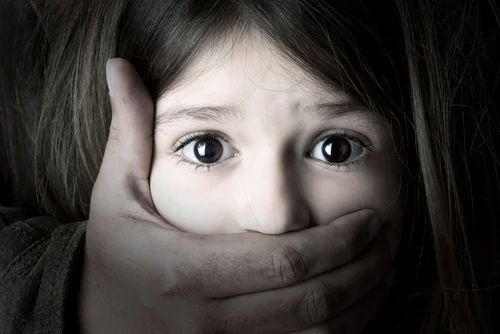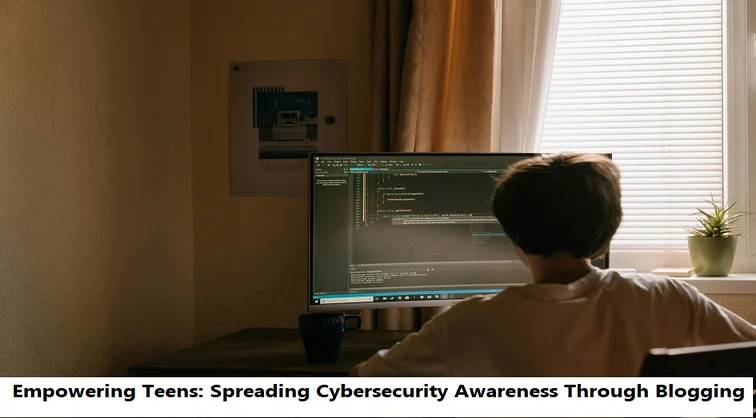+1 845 259 2974 (11 a.m to 7 p.m CST)
Teens and internet addiction

Facebook boasts more than a billion members from all over the world. Billions of minutes are spent on the social networking website every day, connecting with friends, writing on their walls and scrolling down the news feed. Recently, two teenagers in San Francisco vowed to help each other resist the temptation of getting logged on to the website. They feared that Facebook was blurring the line between reality and the virtual world. More and more teens are recognizing the harmful effects of social networking on them.
The two friends now allow themselves only to log on the first Saturday of every month. According to them, they had started taking socializing on Facebook way too seriously and were spending a lot of time in front of the computer screen. They thought it would be better if they took a break from it. Just like them many other teens are gradually realizing what a distraction Facebook is, not to forget the hours that are wasted on it during exams and filling out college applications.
Internet addiction
A recent survey by Stanford University, California, suggests that 1 in every 8 Americans suffer from problematic internet use. Although ‘internet’ addiction is not an official medical disease but it is taking a toll on the average American’s psychology. The number is higher in Asian countries, especially for teens. In South Korea 30% of teens are at the risk of suffering from internet addiction, say researchers from Anyang University in Seoul while studying the social networking effects on teenagers.
Can it be treated?
Treatment facilities for internet addiction have sprouted all over the country as well as different parts of Asia too. They can be military-style boot camps to push people with internet addiction to limit their login hours or residential treatment facilities like alcohol and drug addiction rehabs.
Many other teens like the San Franciscan duo are forming support groups around themselves to stop them from logging on to the social networking site. Others are deactivating their account or handing over their password to someone they trust who can change it and not disclose it to them until they are ready.
Kimberly Young, a psychologist who is the director of the Center for Internet Addiction Recovery in Bradford, Pennsylvania, has encountered a number of teens trying to break free of their habit of Facebooking. Kimberly Young finds it analogous to a food disorder. Food cannot be eliminated but the one suffering from the disorder needs to make better choices.
In its worst form, internet addiction can change a person’s perception of what is important. It can even result in a person losing their sense of self. Teenagers often strive to live up to the online descriptions he had created for himself. His real self and the virtual identity that he had created for himself were confusing him about who he was.
Hard to deactivate
The social networking service makes it hard to deactivate with options like "I spend too much time using Facebook," and "This is temporary. I'll be back".























